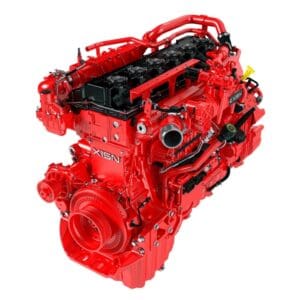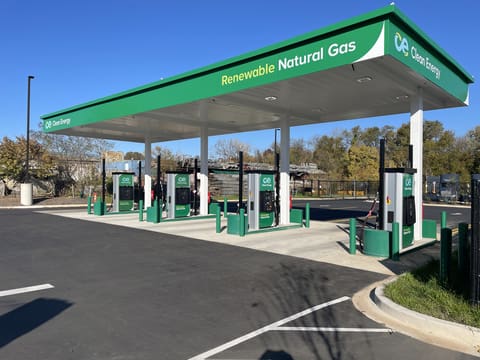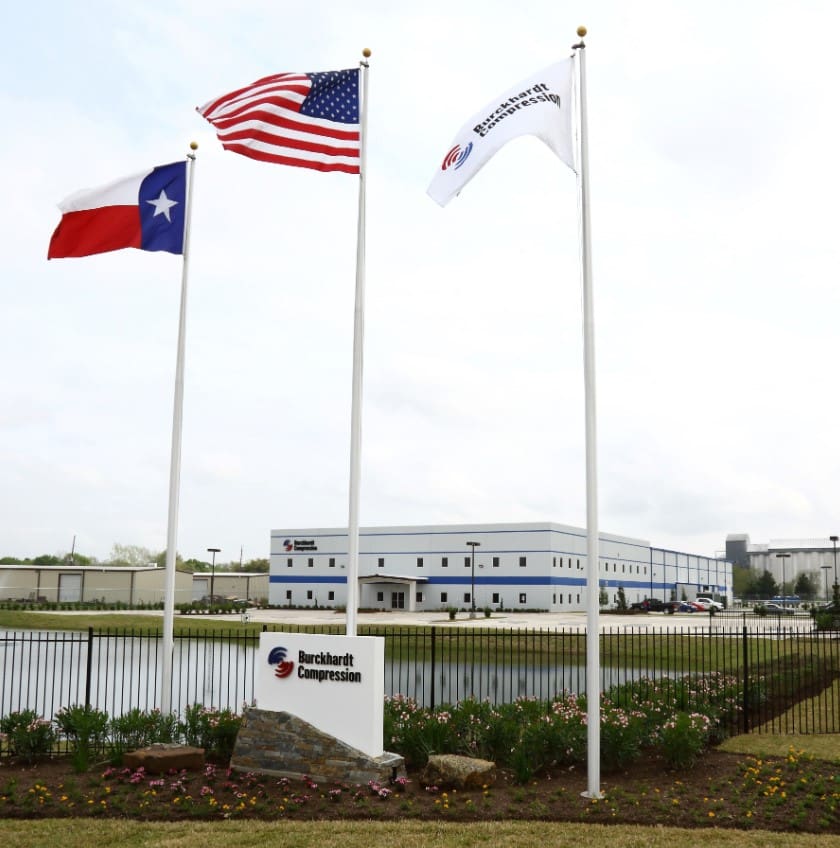Clean Energy Fuels Corp. (Clean Energy Fuels), a provider of clean fuel for the transportation market, announced the opening of a new renewable natural gas (RNG) station in Baltimore. The new station is strategically located near the Pulaski Industrial Area and provides heavy-duty truck fleets access to a low-carbon, sustainable fuel in the busy east coast trucking corridor.
Clean Energy Fuels said the station opening comes at a time when RNG is gaining momentum in the heavy-duty vehicle space with the introduction of the Cummins X15N natural gas engine in 2024. The new 15-liter engine is currently being tested by a handful of the largest and most demanding fleets in the country, such as Walmart, Werner, Knight Swift, and UPS. The company said the early reaction to the X15N has been very positive at a time when the heavy-duty truck market continues to struggle to find affordable and reliable alternatives to decarbonize their fleets.

“Large fleets fueling with RNG have the ability to realize immediate and significant carbon reduction, especially in the heavy-duty truck sector,” said Chad Lindholm, senior vice president of Clean Energy Fuels. “The opening of our station in Maryland and others around the country demonstrates the demand for an affordable, clean fuel that reduces greenhouse gas emissions and is available today.”
The new station includes four fast-fill dispensers, private time-fill hoses for up to 156 trucks, and 156 additional parking places for drivers’ personal vehicles. Clean Energy Fuels currently has a network of 590 fueling stations around North America and is steadily expanding that number with stations purposely built and strategically located for heavy-duty truck fleets.
Clean Energy is also making substantial investments in the production of RNG at dairy farms. Agriculture accounts for nearly 10% of US greenhouse gas (GHG) emissions and the transportation sector accounts for another 28%, according to the US Environmental Protection Agency. Capturing methane from farm waste lowers these emissions. RNG, produced by that captured methane and used as a transportation fuel, significantly lowers GHG emissions on a lifecycle basis when compared to diesel. This allows RNG to be one of the only transportation fuels to receive a negative carbon-intensity score based on the reduction of emissions at the source and at the vehicle.
















